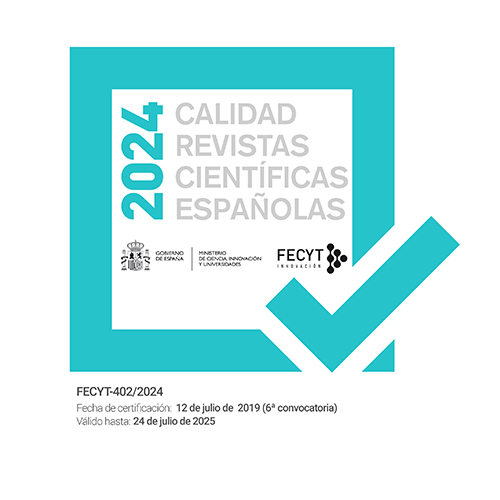En torno a la unidad sistémica del Derecho Internacional
Palabras clave:
En torno a la unidad sistémica del Derecho InternacionalResumen
The sectoralisation of current International Law in different «sub-systems» is leading to a diversification in the application and interpretation of international norms. This has raised doubts on the unity of international law. The ILC has answered to these concerns by creating a Study Group on the «Fragmentation of international law: difficulties arising from the diversification and expansion of international law». The Group issued its report in 2006 and it highlighted the maintenance of unity in general international law. The unity or possible fragmentation of international law is caused by its sectoralisation in different special regimes, which support autonomous secondary norms whose goal is to create, module, interpret and enforce their also autonomous primary norms. Case law in some of these special regimes seems to play in favour of this approach and situates them outside of general international law. This paper argues that the normative outcome of the possible functional fragmentation implies a relative fragmentation of current international law. But it does not imply, as some have too rapidly maintained, the appearance of self-contained regimes. The sociological differentiation of a regime does not hinder its compatibility with general international law. It can, however, make its application subsidiary in specific sectors, especially in relation to secondary norms. This would lead to a specialisation of the law. It is this feature of specificity –specialisation and not rupture– that has to be highlighted when dealing with the sectoralisation of international law. This sectoralisation differs depending on its level of autonomy and on the relationship with other sectors. International law is not a legal system that can be separated from the will of those who established it. Its speciality stems from the objective of looking for more efficient norms, closer to the regulated goal. The unity and the stability of current international law depend on the success of a coherent interpretation and application of the law. To achieve this goal the fundamental question is to rely on two groups of secondary norms that guarantee this unity: the law of treaties and the law of state responsibility.
Descargas
Publicado
Número
Sección
Licencia
Derechos de autor 2023 Revista Española de Derecho Internacional

Esta obra está bajo una licencia internacional Creative Commons Atribución-NoComercial-SinDerivadas 4.0.





















